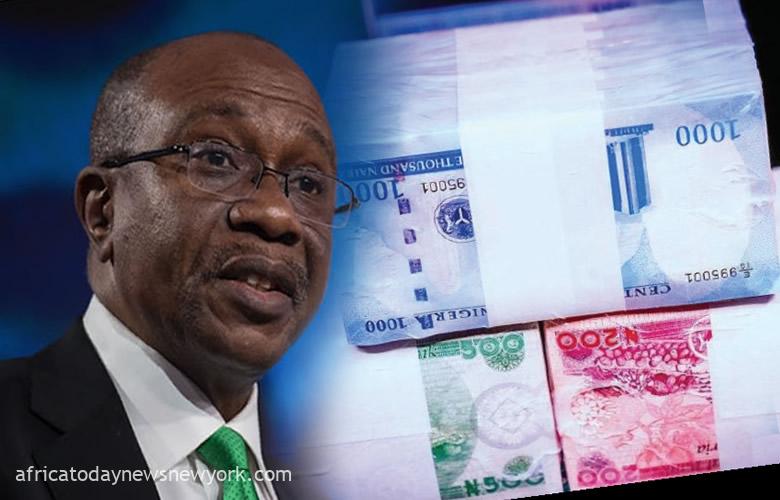The Central Bank of Nigeria (CBN) has opened a portal for Nigerians to deposit old Naira notes by filling up forms.
Africa Today News, New York reports that this development is coming on the heels of the adjournment of the case on the legality of the February 10, 2023 deadline for the Naira Swap to February 22 by the Supreme Court.
The Supreme Court had adjourned the case till February 22, 2023, and ordered that the old Naira notes remain legal tender until it sits next week Wednesday.
Meanwhile, the portal for depositing old Naira notes has opened up on the Central Bank’s official website.
Read Also: Gowon, Obasanjo, GEJ Others Back CBN’s Cashless Policy
On the portal, which is on cbn.gov.ng, depositors are required to fill in their Bank Verification Number (BVN), phone number, email address, bank details, address, the amount to be deposited as well as the denominations to be deposited, after which a reference number is generated.
A guideline on the deposit of the old ₦200, ₦500, and ₦1,000 banknotes commenced on Wednesday afternoon and is expected to run till Friday, February 17.
To deposit their old notes at the CBN branches, customers would be required to have a completed online application form, a copy of valid means of identification, and a completed teller. Once the account is verified, the equivalent of the cash would then be deposited in the customer’s bank account.
‘The CBN Branches do not open accounts for individuals. As such, Individuals who wish to deposit their old, redesigned notes must have an active account with a Deposit Money Bank (Commercial Bank).
‘Individuals who wish to deposit their old, redesigned notes are required to be orderly and comply with the instructions of the security personnel and other staff when in the Bank’s premises. if validation turns out negative, the Bank will return the unvalidated old, redesigned notes in the form deposited,’ the guideline reads.
Africa Today News, New York reports that many Nigerians have continued to raise concerns about the cashless policy of the CBN.

